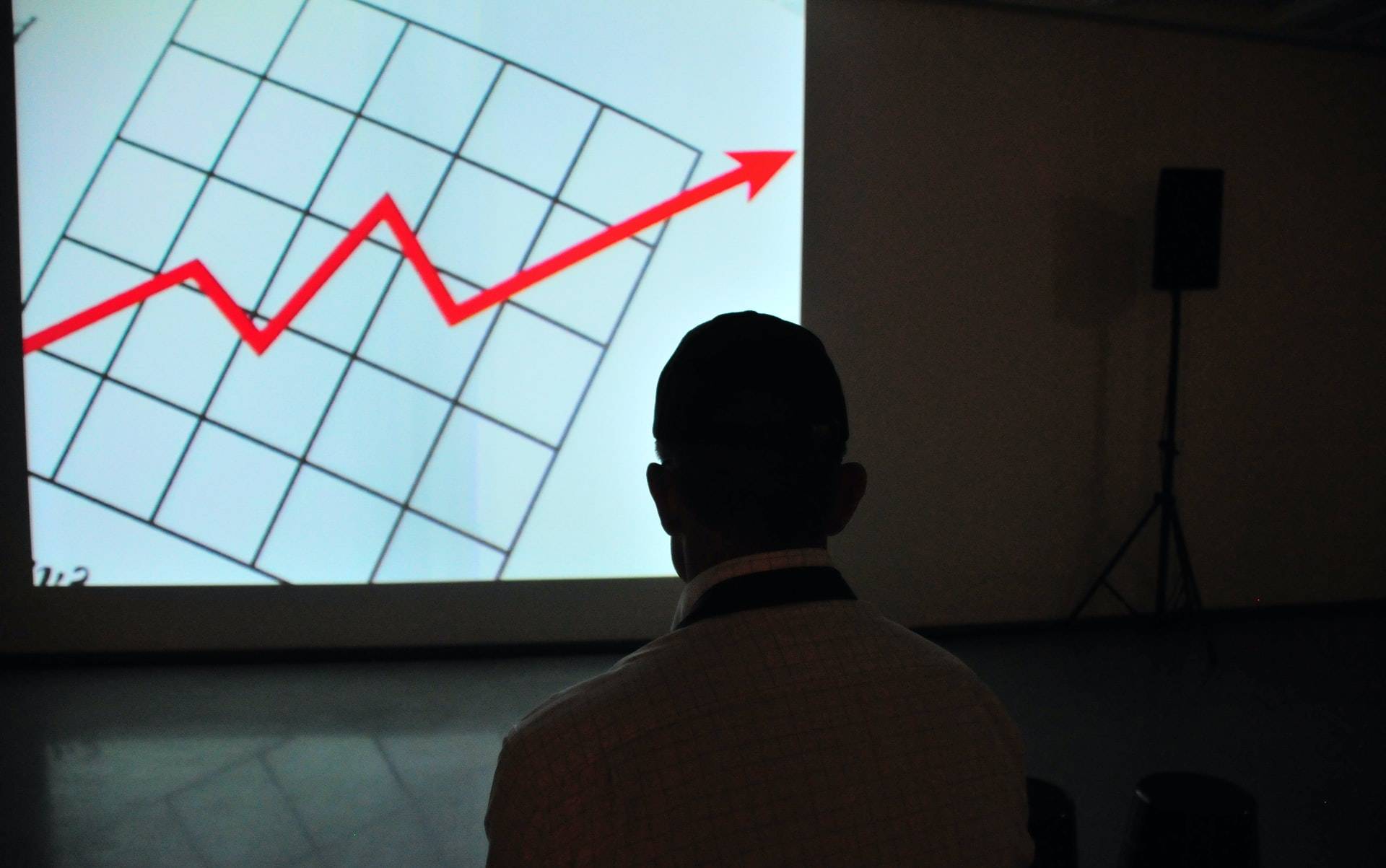If a Ten Commandments for the Polish investor were to be created, the most important point on this list last year would undoubtedly be safety. Indeed, we place emphasis on calm, balanced investments – in gold, bonds, and real estate, among other things. However, our knowledge in this area is still too low.
Gold on the Podium
According to the “Polish Investor 2023” report by iKsync and the University of Economics in Krakow, when it comes to physical assets, we invest most often in gold (46 percent), followed by treasury bonds (44 percent), cryptocurrencies (43 percent), deposits in zloty (41 percent), mutual fund units and shares (about 40 percent each) and real estate (around 30 percent). Artwork, corporate bonds or startups attract less interest – just one in ten respondents mentioned them. This is because in recent years, financial investments have primarily been seen as a way to increase a sense of security and protect against inflation. Poles generally want to ensure that their “deposits” are as stable as possible, safe from sudden and unexpected drops in value. “The most crucial investments last year were physical goods. With high inflation, money rapidly loses its value, so it’s natural that we want to save our savings in some way. The dynamics of investing were quite variable – in the first half of the year, Poles primarily chose real estate, but when the “Safe Loan 2%” program was announced and apartment prices rose significantly, the profitability of such use of funds drastically decreased. Investors thus turned their attention to other products, such as gold” – says Patryk Komisarczyk from Reliance Poland.
Safety First
Those who have not previously invested money marked gold (59 percent) and treasury bonds (34.3 percent) as the most interesting areas for potential future placements of their funds. Moreover, both investors and non-investors highly value self-development, which was identified as the most attractive area to place their money – investment in oneself garnered 50 percent of votes among investors and more than 63 percent among non-investors. In addition, both groups believe that gold (nearly 64 percent), real estate (over 57 percent) and treasury bonds (46.5 percent) offer the best protection against inflation. Thus, safety comes first again. “Diversification is also becoming increasingly important. In my opinion, it is a key investment safety strategy. Spreading capital across different financial instruments or asset classes significantly reduces the risk of losing the value of the entire portfolio in the event of adverse market conditions” – says Komisarczyk.
Lack of Knowledge
The “Polish Investor 2023” report shows that investors relatively poorly assess their knowledge about investing. The most – nearly 33 percent – respondents stated that their knowledge is average, while 30 percent said it is very small. Only 5.3 percent rated themselves as professionals, and 26 percent stated that their knowledge is significant. Both investors and non-investors draw information about finance primarily from the internet (nearly 50 percent in both groups). Half also pointed to practical training. “There is a lack of factual economic education in society, so decisions are often made on the basis of emotions and information from the Internet, which is not always reliable. When we need legal or medical advice, we should see a specialist – and the same applies to investments. Education is key to avoiding hasty, risky or simply unprofitable decisions, and consulting with a professional in this field will help us build an investment portfolio consciously” – says Patryk Komisarczyk from Reliance Poland.
